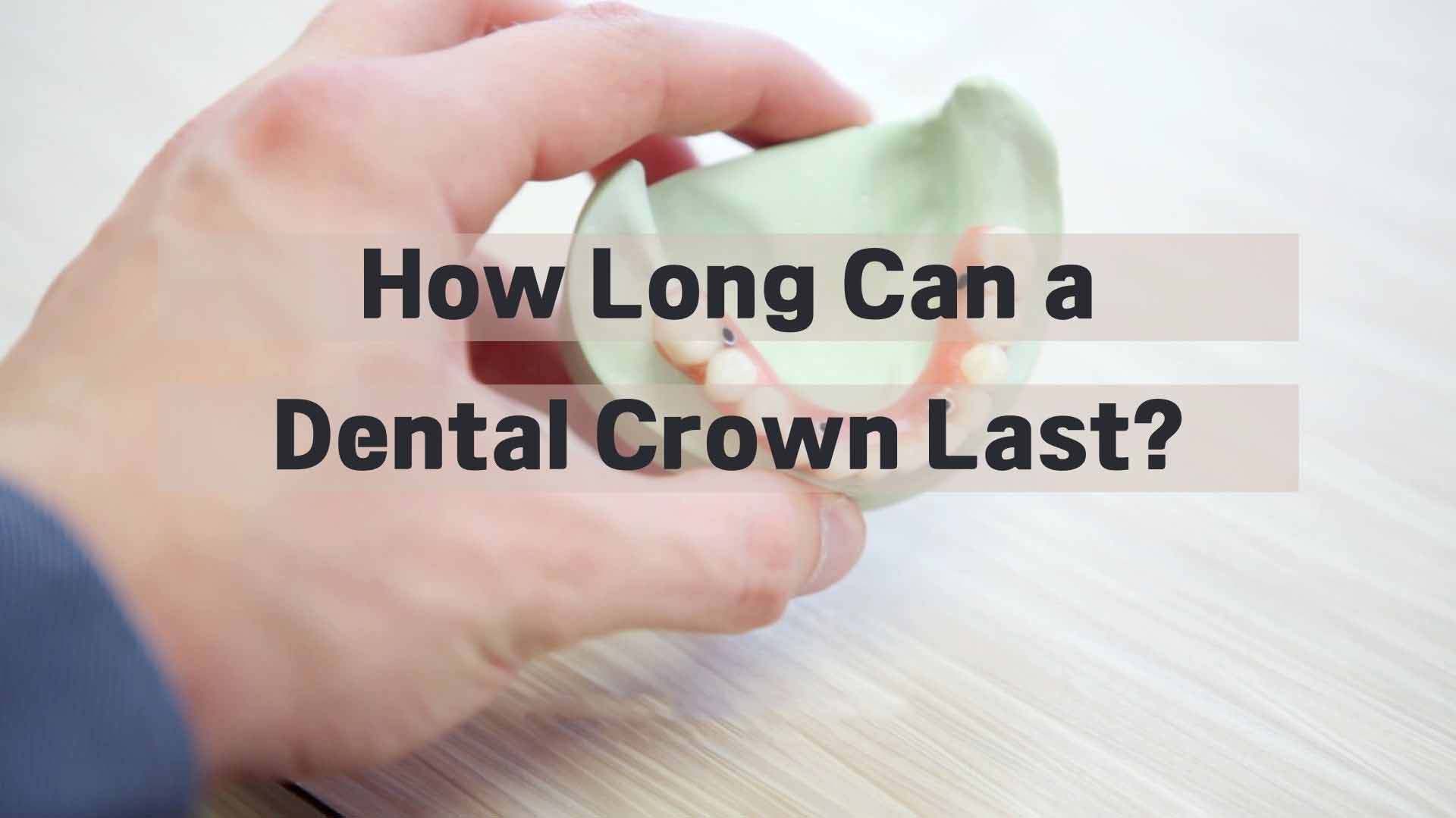- Alumina
- Boron Nitride
- Zirconia
- Other Ceramics
- Applications
- Contact

A dental crown is an artificially fabricated tooth implant covering damaged or diseased teeth. Dental crowns are typically long-lasing, but the duration of the crown also depends on the type of material used to make the dental crown.
There are different kinds of materials used to make dental crowns. Dental crowns can be made of ceramic materials, such as porcelain, zirconia, and Emax; from metals, such as gold, titanium, and alloys; or composites of different materials, such as porcelain-fused-to-metal, etc. The alloys, in particular, can be composed of a range of different metals, with each mixture offering specific valuable properties that can make the alloys a reliable solution.
Further Reading: What are the Materials Used to Make Dental Crown?
In this article, we’ll look at the average duration of dental crowns, as well as the factors that contribute to the degradation of the longevity of the crowns.
According to experts, a dental crown will last for an average of 10 years. However, when suitable materials are used, and proper hygiene is maintained, dental crowns can last for several decades. Dentists advise that in addition to having the best dental crown implants, proper hygiene is necessary to maintain the crowns and extend their lifespan.
But before a dental crown is fabricated or used, there are several factors the dentists consider. For instance, to determine the material best suited to your situation, the dentist looks at the aesthetics, strength, and durability of the material to be used.
In general, here are some important factors that go into consideration when it comes to fabricating dental crowns:
This is a type of ceramic crown made from zirconium dioxide. Zirconium is a solid metal that’s similar and related to titanium. Zirconia crowns are generally very strong and highly resistant to fracture, different temperatures, and food texture, making them one of the best dental crown solutions available.
In fact, zirconia ceramic is the strongest non-metallic material for crowns. According to research, monolithic zirconia crowns are the least likely to crack or split after being subjected to high bite forces. However, they are not as strong; metallic crowns are typically the most preferred because they are stronger. When used properly, zirconia crowns can last for as long as 10-15 years or even longer.

Zirconia Ceramic
As the name implies, porcelain-fused-to-metal crowns are a composite of metals and porcelain materials. They are a widely used type of dental crown, as they have a natural look that makes them well-suited for front teeth. PFM crowns mostly last from 5 to 15 years, and with good dental care, they can even last longer.
For several decades, porcelain-fused-to-metal dental crowns were the most used cosmetic solution for dental care. They are popularly used for replacing missing teeth. However, porcelain has its downsides; the material is prone to chipping, and as it gets older, the metal margin or edge often shows as the gums recede.
For more than a century, gold dental crowns have been one of the most preferred options when it comes to reliable dental solutions. They are sturdy, strong, and very durable. Gold crowns are highly resistant to chipping and cracking. Besides, they are a great fit in the teeth. With proper care, gold crowns last for decades. Unlike some options, research has shown that gold crowns have a 95 percent survival rate over 10 years. With proper care, it’s possible for a gold crown to last for decades.
The only significant drawback to using gold is its unnatural appearance. In most cases, dentists consider gold for molars that aren’t visible in front of the teeth. When you smile, you may want to have only naturally-white teeth to be visible. If that’s a concern for you, then you may consider using gold crowns in the back of the teeth. For durability, dentists now combine gold with other metals, like palladium, chromium, or nickel. This also helps to reduce its cost.
In general, the best way to know if your dental crown needs to be replaced is by clinical examination or dental X-ray. Also, you need to watch out for the alignment of the tooth, as well as the signs of decay and gaps between the tooth and the crown. In any of these cases, you’re better off speaking with a dentist to get the correct diagnosis and solution.
Thank you for reading our article and we hope it can help you to better understand how long a dental crown will last. For more information, please visit https://www.speciaLceramicparts.com/.